Vitamin C for Glowing Skin: A Guide to Healthier and Happier Skin.
| Authored by: Adeeba |
| Reviewed by: Kapil Dhameja |
| Estimated Reading Time: 7 minutes |
Think of a single vitamin that can help your skin stay radiant, that will make your recovery accelerate, and will make your skin's radiance remain strong, even in the face of urban pollution, the stress of modern life, and the sun. Vitamin C can do that. Yes, that's right! Whether you're experiencing fine lines, your complexion looks dull, you want an even color, or you just want vibrant, healthy skin, Vitamin C is your bright spot. Today’s discussion is Vitamin C, yes, that cheerful little vitamin your grandma once talked about. While all the print and marketing may seem over-the-top, this vitamin is a true champion in renewing your skin's brightness, strength and glow!.
|
Table of Contents |
What is Vitamin C & What Makes it Unique for Skin?

Now, let's explore this magnificent nutrient. Vitamin C (also referred to as ascorbic acid) is a water-soluble vitamin and antioxidant - meaning your body does not store large amounts of it, so your skin is glad to receive it after you apply it or consume it. Let's understand why it’s a Skincare Superstar:
Collagen production support and stabilization
One of the most fascinating things Vitamin C does is support and stabilize skin's collagen production. Collagen is equal to structural support, firmness, and bounce. Without it, skin can feel thin, crepey and saggy. Clinical studies demonstrated that topical Vitamin C significantly increased collagen and improved visible signs of photoaging.
Brightening & pigment control
If you have dark spots, post-acne spots or unevenness in skin tone, Vitamin C can be your companion. Vitamin C inhibits tyrosinase, an enzyme that helps make melanin (pigment), and over time normalizes skin tone.
Cellular defense
Skin is "always at war" between UV rays, pollution, lifestyle stress, diet and screens. All of those things create free radicals that lead to damage to skin cells, collagen, and radiance. Vitamin C destabilizes many of those free radicals.
Support for skin barrier repair and resilience
When your skin barrier is fragile, dryness, sensitivity, redness, Vitamin C can help calm things down, support healing and repair. Research discovered that a 5% Vitamin C concentration produced results that showed a reduction in redness, an improvement in skin texture, and a reduction in fine lines over 6 weeks of consistent use.
To visualize this, imagine your skin to be the wall of a city. Pollution, ultraviolet rays from the sun, and stress are all in battle with your skin. Vitamin C is the repairman who patches the wall, strengthens the bricks (collagen), and provides a protective layer on top.
This is not an overnight magic trick. Changes in the skin don’t happen overnight, this is why clinical studies generally have 3-12 week duration before changes can be seen. Patience and consistent use is the key to good glow.
Ayurveda's Perspective on Vitamin C

Let's take a brief tour into the pleasing realm of Ayurveda. While the ancient texts didn’t talk about "Vitamin C", their understanding of it was apparent in their description of the states of Vitamin C, bright, youthful skin, herbal tonics that support blood, revitalize nourishment, and cool down internal heat. Modern sciences connect these functions to Vitamin C.
Here are a few important aspects of Ayurveda involved: In Ayurveda, the skin reflects a person's rasa (nutrient plasma), rakta (blood tissue) and ojas (essence). When all three elements are strong and balanced, your complexion will shine with clarity and health. Foods and herbs that are high in Vitamin C nourish and support these elements.
Herbs such as Amla (Indian gooseberry), which is high in Vitamin C, are known to be both rasayana (rejuvenating) and varnya dravya (improves complexion), and sheetavirya (cool potency). In other words, they cool the internal heat (Pitta) and refresh your system, while also creating outer radiance.
Ayurveda values your inner health (what’s happening with digestion, circulation and absorption) equal to outer skin application. So while it’s a lovely idea to use Vitamin C externally, utilizing a Vitamin-C rich diet with a balanced lifestyle will achieve a similar aim on a more holistic scale.
Lastly, remembering seasons and dosha is important. For example, if the weather is Pitta hot (summer) or someone's Pitta constitution, your skin may express itself more prominently, so you may choose Vitamin-C rich, but cooling foods. In colder months, mix it in warming herbs that help circulation.
So think of Ayurveda and modern science as your super team: modern science will tell you what Vitamin C does, and Ayurveda will tell you what to do with that knowledge in your life.
Actives to Combine with Vitamin C & for What Skin Concern.
Now comes the fun part, combining your Vitamin C with other active ingredients to target skin goals. Because one hero is great but a whole squad is better!
Vitamin C + Vitamin E + Ferulic Acid
Concern: Sun damage, pigmentation, early aging.
Why it works: Vitamin C and Vitamin E are both antioxidants; the ferulic acid is there to help stabilise and magnify them. Studies show that this trio will improve photodamage much more than Vitamin C alone.
Vitamin C + Hyaluronic Acid
Best for: Dehydrated, tight, or flaky skin, basically anyone wishing for bounce and smoothness.
Why it works: Vitamin C repairs and brightens, while hyaluronic acid provides a major drink of water for your skin. Together they help lock in moisture and facilitate the "glass-skin" effect which is healthy and radiant. Ayurveda would call this rasa-dhatu nourishment, which is a means of restoring some juiciness and elasticity to your skin.
Pro Tip: Use Vitamin C first and then wait 1-2 minutes before applying a HA serum or hydrating moisturizer. Your skin will look so refreshed in an instant!
Vitamin C + Niacinamide (Vitamin B3)
Best for: Uneven tone, redness, enlarged pores, or sensitive and/or acne-prone skin.
Why it works: Vitamin C brightens and Niacinamide soothes. They used to be thought of as incompatible (old myth alert!) Because of the early reaction of formulary ingredients with each other, we'll give them credit for modern formulations that are stabilized. Niacinamide assists in regulating and strengthening the barrier function to allow for the Vitamin C’s brightening properties without irritation.
Pro tip: You can layer them in one product (if formulated properly) or use Vitamin C in the morning and Niacinamide in the evening.
Vitamin C (AM) + Retinol (PM)
Ideal for: Texture issues, fine lines, dark spots, and rejuvenation.
Best for: Using both at the same time can be too harsh on the skin. When separated using Vitamin C for 'protection' in the daytime and retinol for 'repair' at night, they complement each other well. Vitamin C protects your skin from oxidative stress during the day, while retinol repairs skin cells at night. In Ayurveda you might call this the perfect "dinacharya" rhythm- energizing in the day and soothing at night.
Pro tip: Always follow retinol nights with a thick moisturizer or barrier-support cream to hydrate and counteract potency.
Vitamin C + AHAs/BHAs (e.g. Glycolic or Salicylic Acid)
Ideal for: Pigmentation, rough texture, clogged pores.
How it works: Acids help to exfoliate dead cells and improve skin penetration of vitamin c, leading to brighter, smoother results. However, because both are considered actives that lower the skin pH, they MAY cause sensitivity when used at the same time.
Pro tip: Alternate them! acids one night, then vitamin c the next morning. If your skin can tolerate actives, use an AHA toner, wait 10 minutes, then go in with vitamin c.
Natural sources for Vitamin C
If your skin could talk, it would nail on Vitamin C! The best news? You do not need to keep relying on fancy bottles, nature has already provided us with an entire fruit-and-leaf buffet of this glow-boosting vitamin. Amala to orange, each bite can feed your skin from both the inside and outside!
Here are some natural sources of vitamin c, from your kitchen and also from ayurveda's treasure chest for herbs.
Amla - Indian Gooseberry
If there was a queen of vitamin c it is amla! One small amla has enough vitamin c to equal more than two oranges. In ayurvedic medicine amla balances all three doshas - Vata, Pitta, and Kapha. Amla has a great Rasayana property of deeply rejuvenating the skin. It is a cooling fruit and works to purify the blood, reduce pigmentation, and bring out that inner radiance.
For the skin: you can drink amla juice fresh in the morning (with water) or use amla based masks and serums.
Modern research agrees: Amla has super antioxidants- which protect against oxidative damage and premature aging.
Oranges and Lemons - The Tasty Glow Boosters
Oranges and lemons are stock full of Vitamin C. It's like sunshine in fruit! They brighten the skin, even your skin tone, and help with spots and dullness. In Ayurveda, these are considered to be Pitta balancing, which cools the system while enhancing your digestive fire (Agni) and that reflects bright skin!
For your skin: Mix orange peel powder with yogurt (a store-bought yogurt is fine) for an energizing glow pack.
For your diet: First thing in the morning, drink a glass of warm lemon water, that will detoxify the body and help your body absorb nutrients better.
Guava
Did you know guava has more Vitamin C than oranges? This little humble fruit is one of the most potent glow foods you never thought to try! Ayurveda loves guava for its Tridosha balancing qualities and digestive support, and today, the medical world loves it for being an excellent collagen booster.
How to use: Eat your guava regularly, or toss it into a smoothie, or look for guava extract in natural skincare lines for brightening masks!
Rosehips - The Skin's Secret Rejuvenator
Rosehip extract is a treasure trove of vitamin C! In Ayurveda, roses are known for their Sheetala (cooling) and Pitta-pacifying qualities. Rosehips (the fruit remaining after a rose drops its petals) have essential fatty acids and vitamin C in abundance, a dreamy duo for hydration, anti-aging, and glow.
How to use: Look for face oils or serums infused with rosehip, which helps fade scars, moisturize, and help improve elasticity.
Fun fact: Mix a few drops of rosehip oil into your moisturizer at night for a glowing face in the morning!
Herbal sources - The Ayurvedic gems
Ayurveda also recognizes well-known herbs that are less known for a vitamin C source in modern skincare:
Manjistha (Rubia cordifolia) - a blood purifier which helps with acne, pigmentation, and dullness.
Giloy (Tinospora cordifolia) - a rejuvenating herb that builds immunity and detoxifies skin tissues.
Neem - This is not directly a source of vitamin C, but allows for better utilization and clarity of skin.
These herbs also work well in conjunction with vitamin C meaning that when you blend them together (as in Ayurveda) you get an additive or synergistic effect to benefit your skin!
Which form of vitamin c is best for your skin type

You may have a big question when shopping for skincare, “Should I pick the serum or the cream?” “Will this product work for my oily skin?” “And for sensitive skin?” No problem,
We will decode it for you in simple, fun terms.
For Oily and Acne-Prone Skin
If your skin gets shiny sooner than your future, then gel or light weight serums will be your bestie. They are water-based, quickly absorb, and do not clog your pores. Vitamin C serums are your best selection here as it will provide concentrated antioxidants directly into your skin without feeling greasy.
Why it is great for your skin: In general, Vitamin C will help control excess sebum, minimize the appearance of acne scars, and assist in eliminating those dark spots from a previous breakout. It will combat bacteria and patch the skin barrier.
Vitamin C Face Cream for Dark Spots Removal
For Dry and Dehydrated Skin
Creams & Oils based serum or moisturizer to Lock in Moisture will really help with your flakiness even dark sun spots.
If you have skin that feels tight, flaky, or thirsty most times, it will be time for your Vitamin C to have a rich cream or a nourishing oil hug for your skin. Cream based products give hydration to your skin much deeper and lock in the moisture as you go through your day with your Vitamin C set to work through your day.
Best Vitamin C Serum for Face with Radiant & Spotless Skin
For Combination Skin
Combination skin can be confusing: oily T-zone, dry on your cheeks. So, balance is the name of your game! A gentle Vitamin C toner followed by a lightweight moisturizer all brings the balance to keep everything happy.
Why does it work
Toners prep your skin, tighten your pores and hydrate to prepare you for better Vitamin C absorption. Lastly, a light cream nourishes without weighing you down.
For Sensitive Skin
Does your skin react faster? Start with something mild while slowly introducing your biology to Vitamin C! Sensitive skin needs the stable and mild forms of Vitamin C. Magnesium Ascorbyl Phosphate or Ascorbyl Glucoside. They are less acidic and irritate less.
Why it works:
Vitamin C is going to repair your skin barrier, reduce redness, and even your skin tone. However, some Vitamin C formulas are irritating when they are acidic; therefore, it's about choosing a calming Vitamin C experience that is balanced for your skin.
Ayurvedic Vitamin C Face Serum + Women's Vitamin C Face Cream
For Mature or Aging Skin
As we age, our bodies slow or decline the production of collagen that our bodies need. Vitamin C is going to be our best friend in this skin space! Vitamin C is going to replenish your collagen levels, firm your skin, and help with fine lines. Using Vitamin C serums then adding an oil or nourishing cream can be the trio you need to create a glow and repair your skin.
Manjistha & Berry Anti Aging Face Serum for Wrinkles with Vitamin C & E
A Guide on Layering VitaminC
(Get Excited!). This is a bonus tip, let’s establish a rule for Vitamin C application, regardless of skin type:
1. Cleanse (eliminate impurities first)
2. Tone (prepare the skin) with the Vitamin C serum, this is where the real magic will happen!
3. Apply Serum (the Vitamin C magic happens here!)
4. Moisturize (lock in hydration!)
5. Sunscreen (always protect your new glow with UV protection!)
Common mistakes to avoid
OK, let’s be honest, we’ve all had that skincare moment where we got a little too excited and thought, “If a few drops make me glow, then a lot must make me shine like the sun!”. Just to be clear, Vitamin C does not work that way. Vitamin C is both powerful, and delicate. So let's understand some common mistakes to avoid while using vitamin c.
Using Too High Concentration For Too Long
If you are new to Vitamin C, going in with concentration (20% or greater) right away can have your skin tingling, or at worst, stinging especially for sensitive skin. To use an analogy, Vitamin C is like coffee, when you only take a sip, you get a little more energized, but if you drink too much, it will hit you all at once!
Skipping Sunscreen
This is the absolute worst for Vitamin C. Your Vitamin C protects your skin against sun damage, that does not give you permission to skip your sunscreen. In fact, you can undo your brightening efforts without your SPF!
Mixing Vitamin C with the Wrong Actives
Vitamin C is a little temperamental, it doesn’t play well with certain actives like AHAs (glycolic acid), BHAs (salicylic acid), or retinol, when used one after another. It may irritate the skin or make the Vitamin C less effective.
Using Old or Oxidized Vitamin C
You may have noticed that your Vitamin C serum is getting a dark orange or brown color, this is oxidation, which means the Vitamin C formula has gone bad. Oxidized Vitamin C not only loses its effectiveness but can also irritate your skin.
Applying on Dirty or Damp Skin
Vitamin C works best on clean, dry skin, not immediately after washing your face. Applying Vitamin C on damp skin can sometimes cause mild tingling, or the active may be unstable.
Ignoring Your Skin’s Signals
Sometimes, your skin needs a little break. Maybe you’ve been over-exfoliating, over-layering, or simply using too much Vitamin C? All of these can create redness, or flakiness, etc. Regardless, don’t freak out! Your skin is just letting you know, “Hey, slow down!”
Conclusion
And here we are, glow-seekers, wrapping up our joyful ride through the world of Vitamin C! Let's do a quick recap:
Vitamin C is more than a package that looks nice on your bathroom sink. It brightens, protects, rebuilds and generally supports your skin's health from the inside out. When you combine its skin-science superpowers with the gentle wisdom of Ayurvedic concepts (food, routine, inner balance), you get a thoughtful, elegant and effective approach to skincare.
So here's your simple action plan! Pick the format that suits your skin's needs, use it daily (not just when you "feel like it"), enjoy on weekends paired with a good diet and sunscreen, practice patience, and let it do its work. Your skin will repay your investment with that serene, natural glow that is uniquely you.
Recommended Products
Related Articles
Ceramide vs. Glycerin & Other Moisturizing Ingredients: What Sets Them Apart?
Ceramides and Aging: Can They Help Reverse the Signs of Aging
Can You Leave Glycolic Acid on Your Scalp Overnight? Benefits, Risks & Tips
Skincare Actives 101: Safe Percentages and How to Choose the Right Actives for Your Skin Concerns
How Do You Evaluate Good Skincare?
Neck Wrinkles: Causes, Prevention Tips & the Best Skincare for Neck Lines
SPF for Hair: Why You Need Sun Protection Beyond Skin
Case of collagen: A detailed guide on how to boost collagen production naturally
Preventing aging skin: A detailed guide for skincare for men over 30
References
https://www.healthline.com/health/vitamin-c#health-benefits
https://www.mdpi.com/2076-3921/8/8/247
https://pmc.ncbi.nlm.nih.gov/articles/PMC5579659/
https://ods.od.nih.gov/factsheets/VitaminC-HealthProfessional/
https://www.healthline.com/health/beauty-skin-care/hyaluronic-acid-and-vitamin-c
https://health.clevelandclinic.org/vitamin-c-serum
https://www.healthline.com/nutrition/vitamin-c-foods
https://pmc.ncbi.nlm.nih.gov/articles/PMC8427479/
https://pmc.ncbi.nlm.nih.gov/articles/PMC7020168/


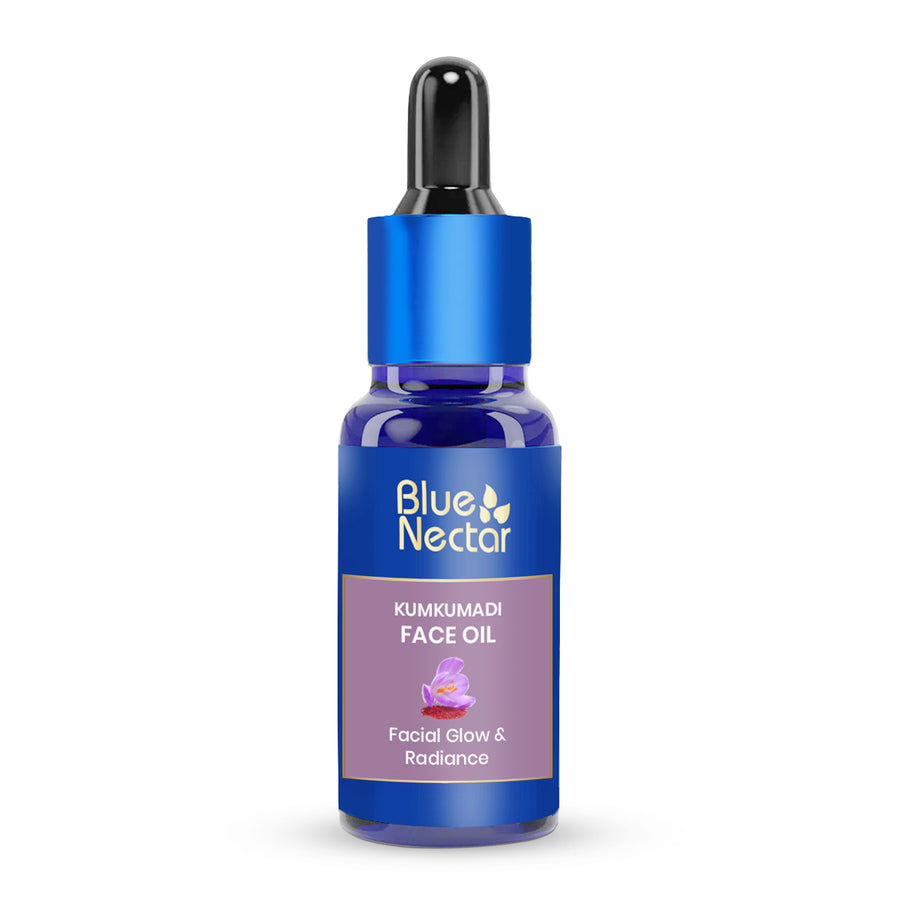
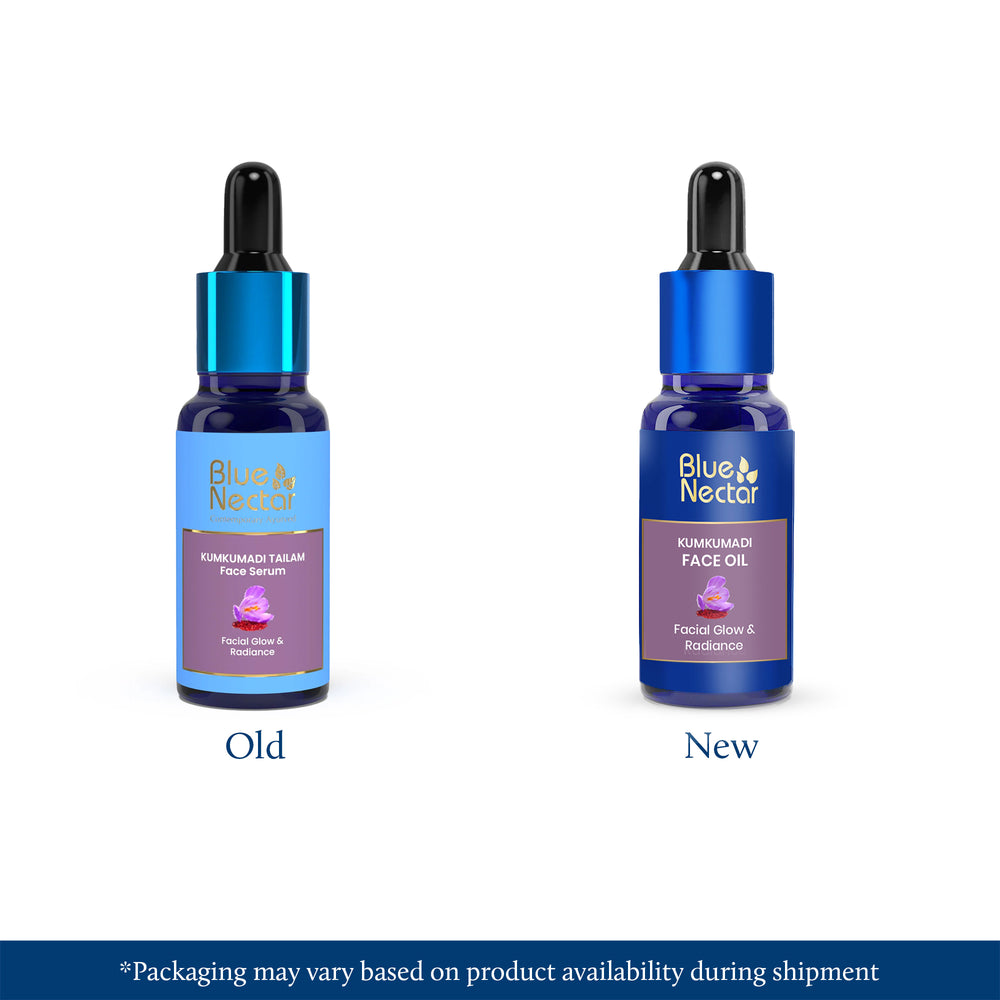
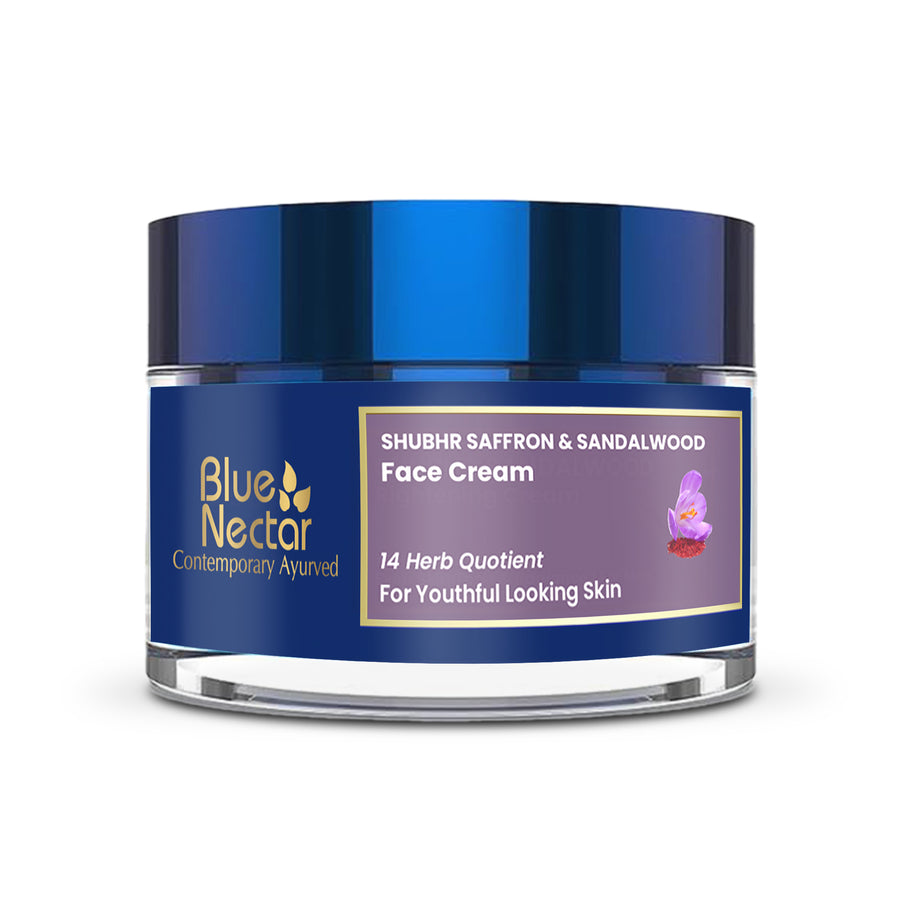
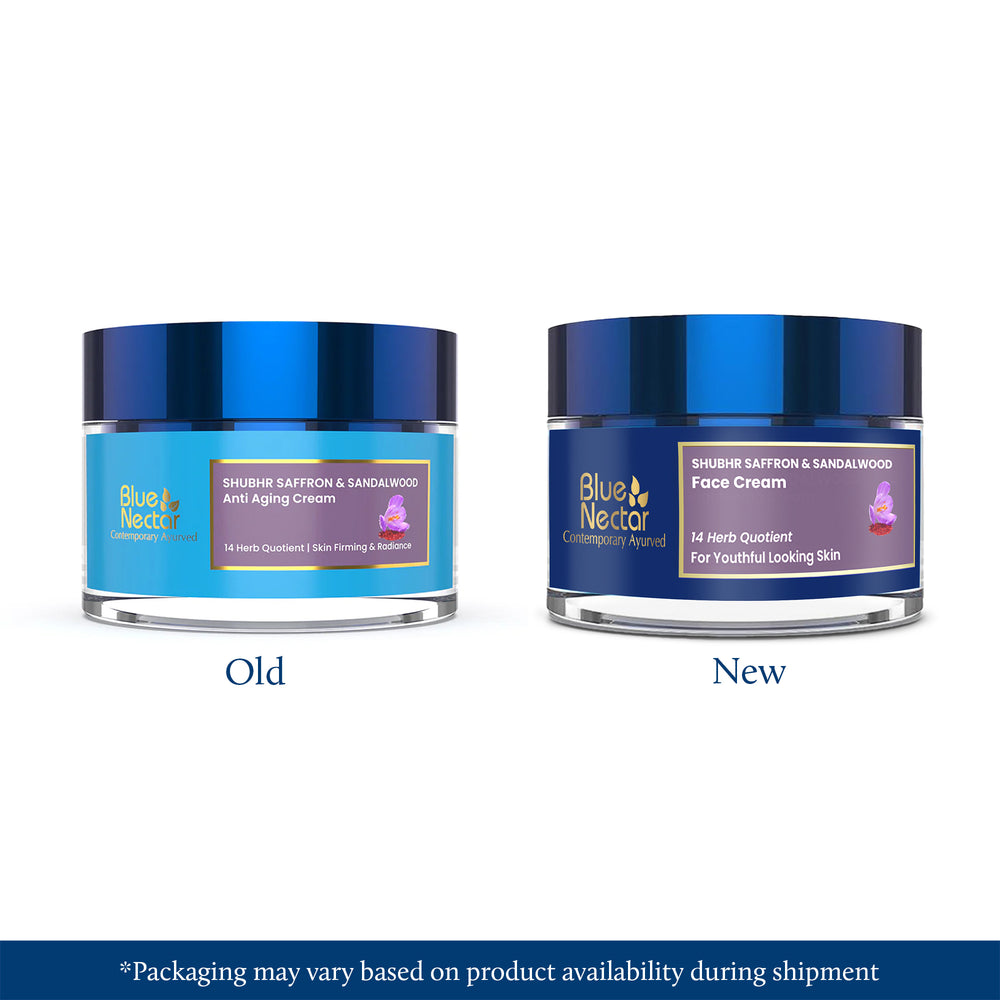
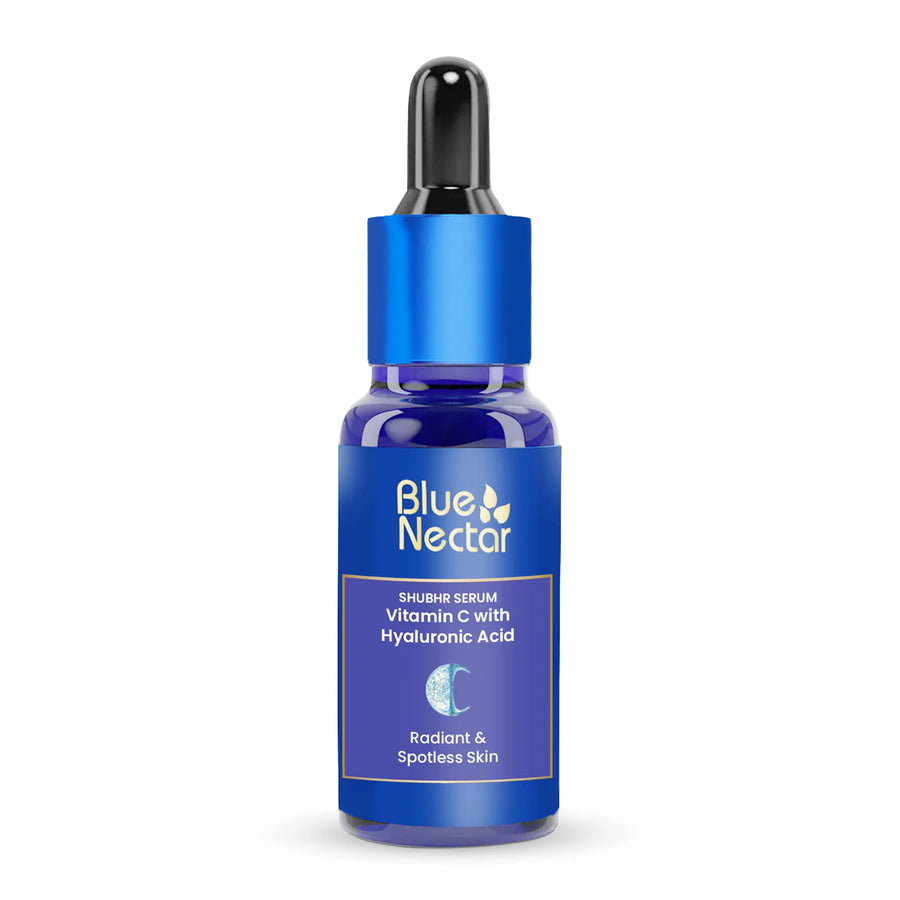
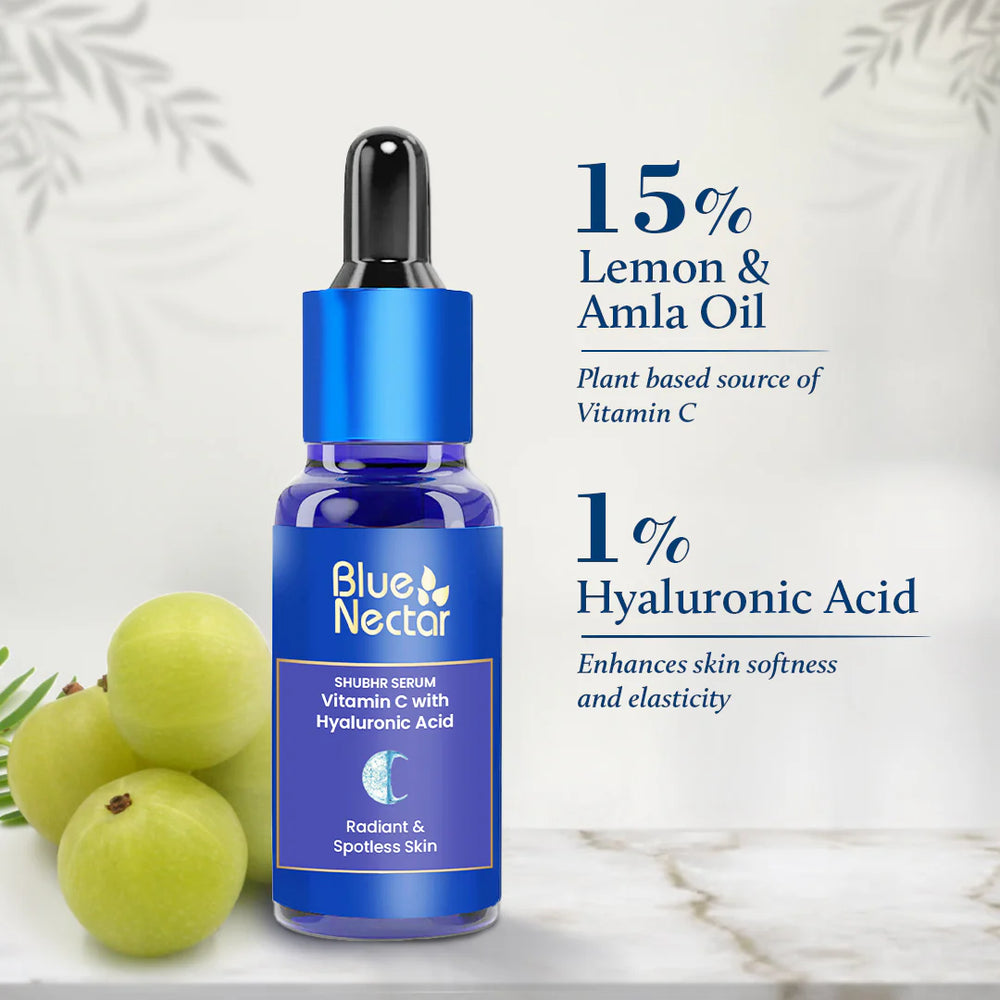
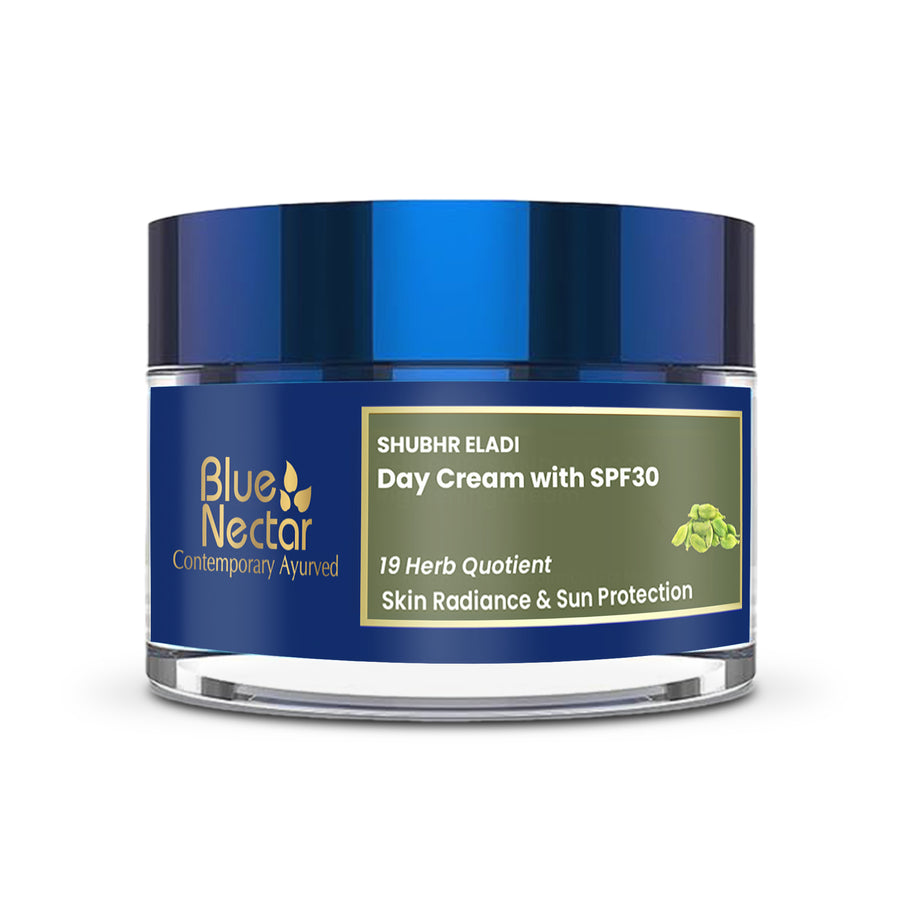
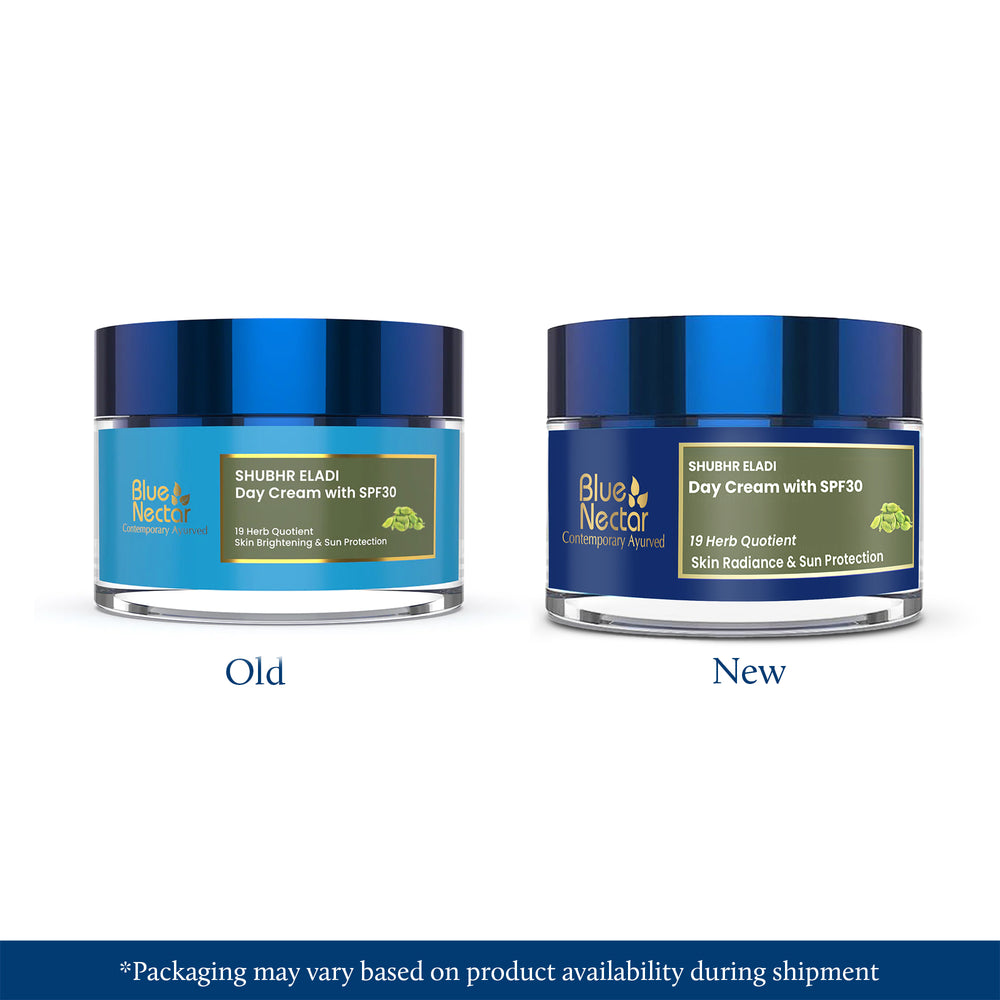
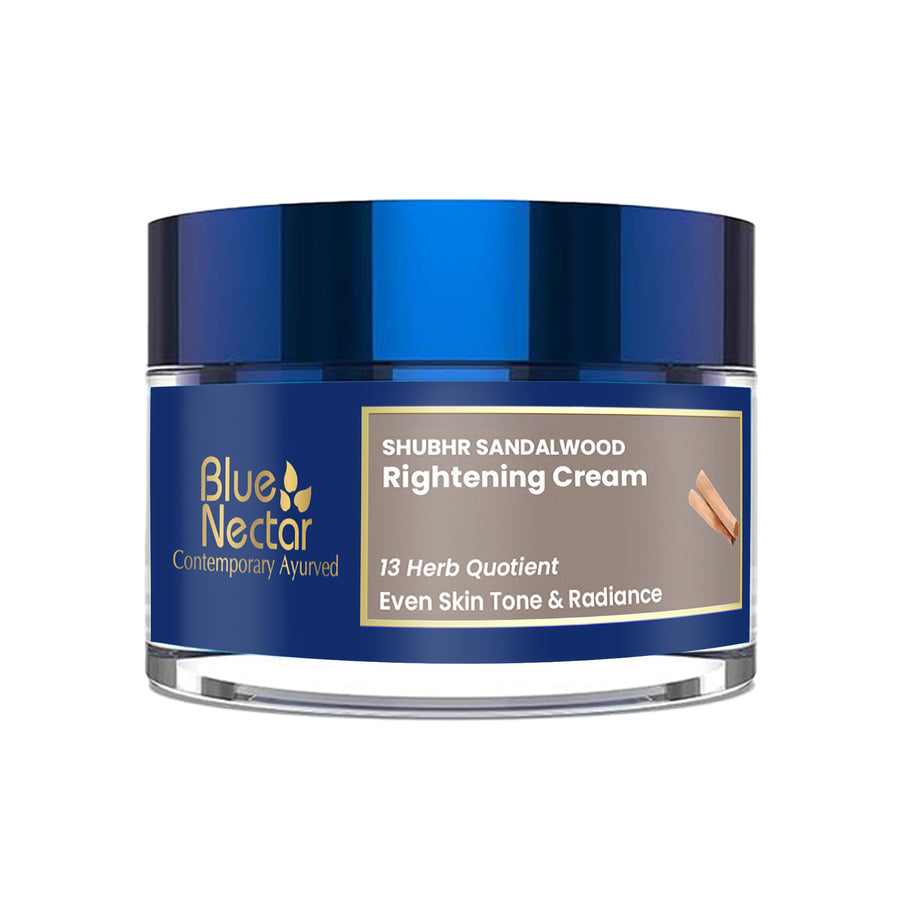
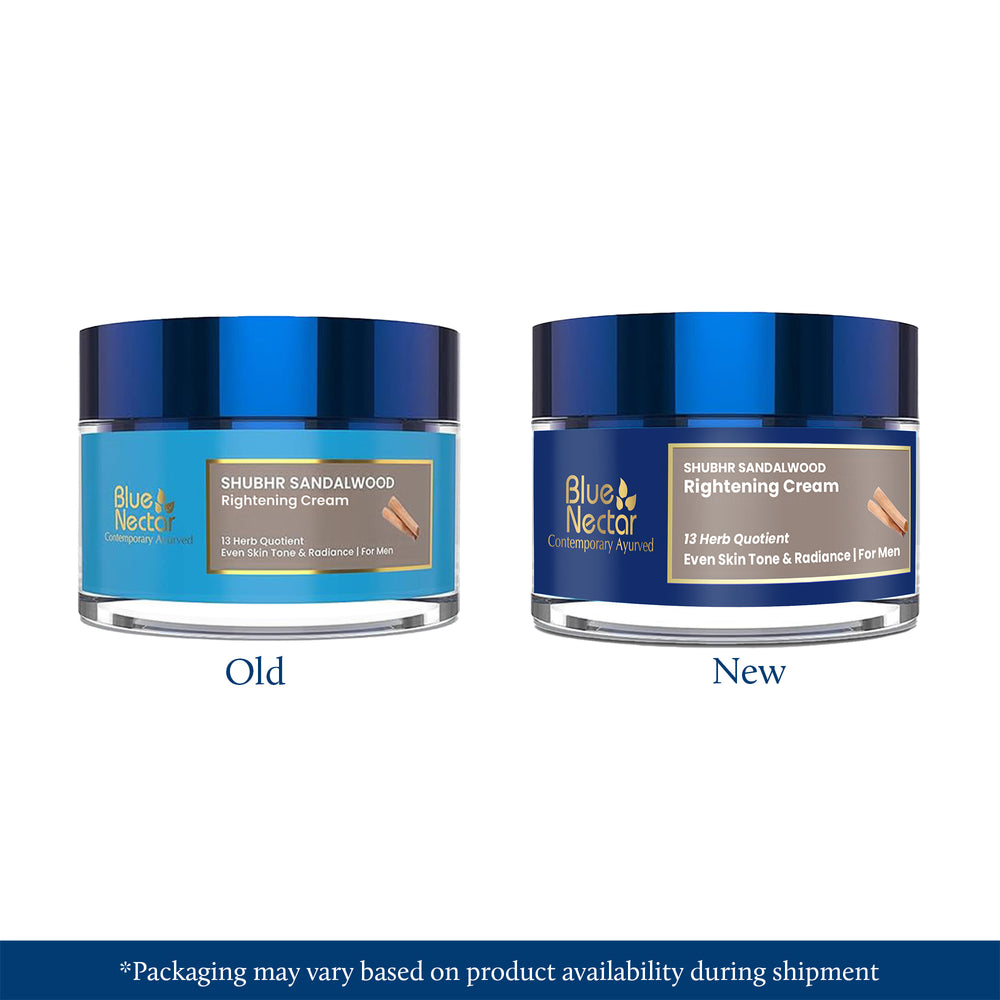




Leave a comment